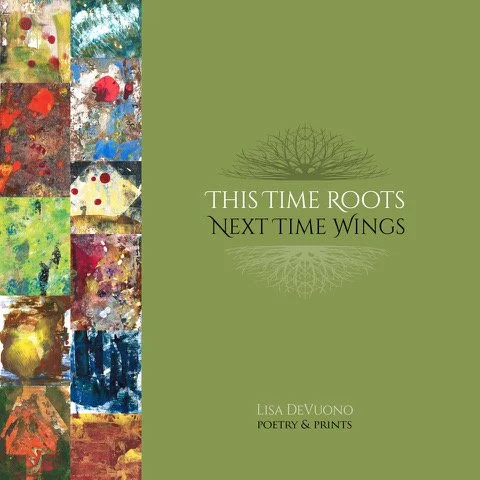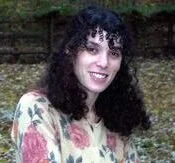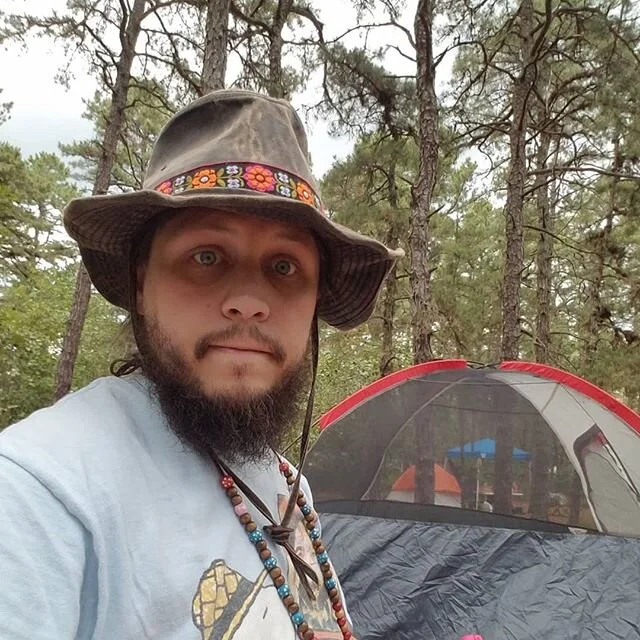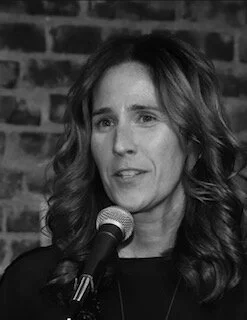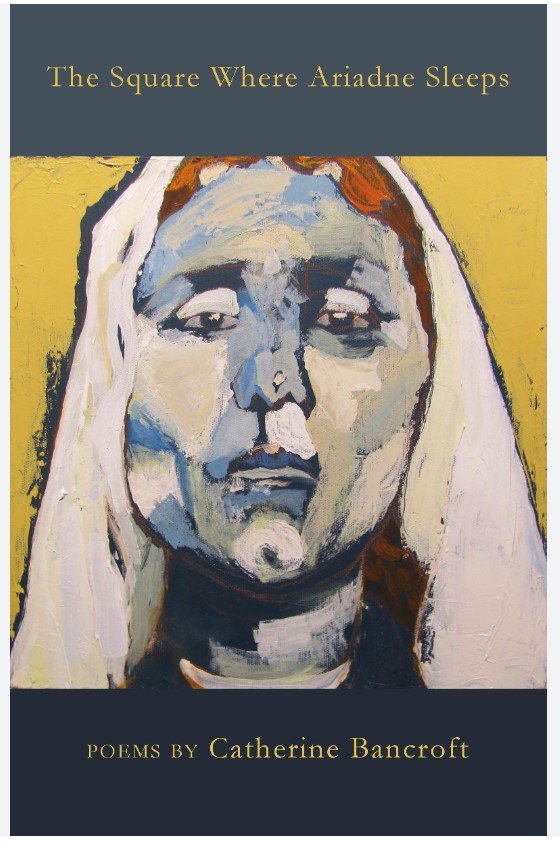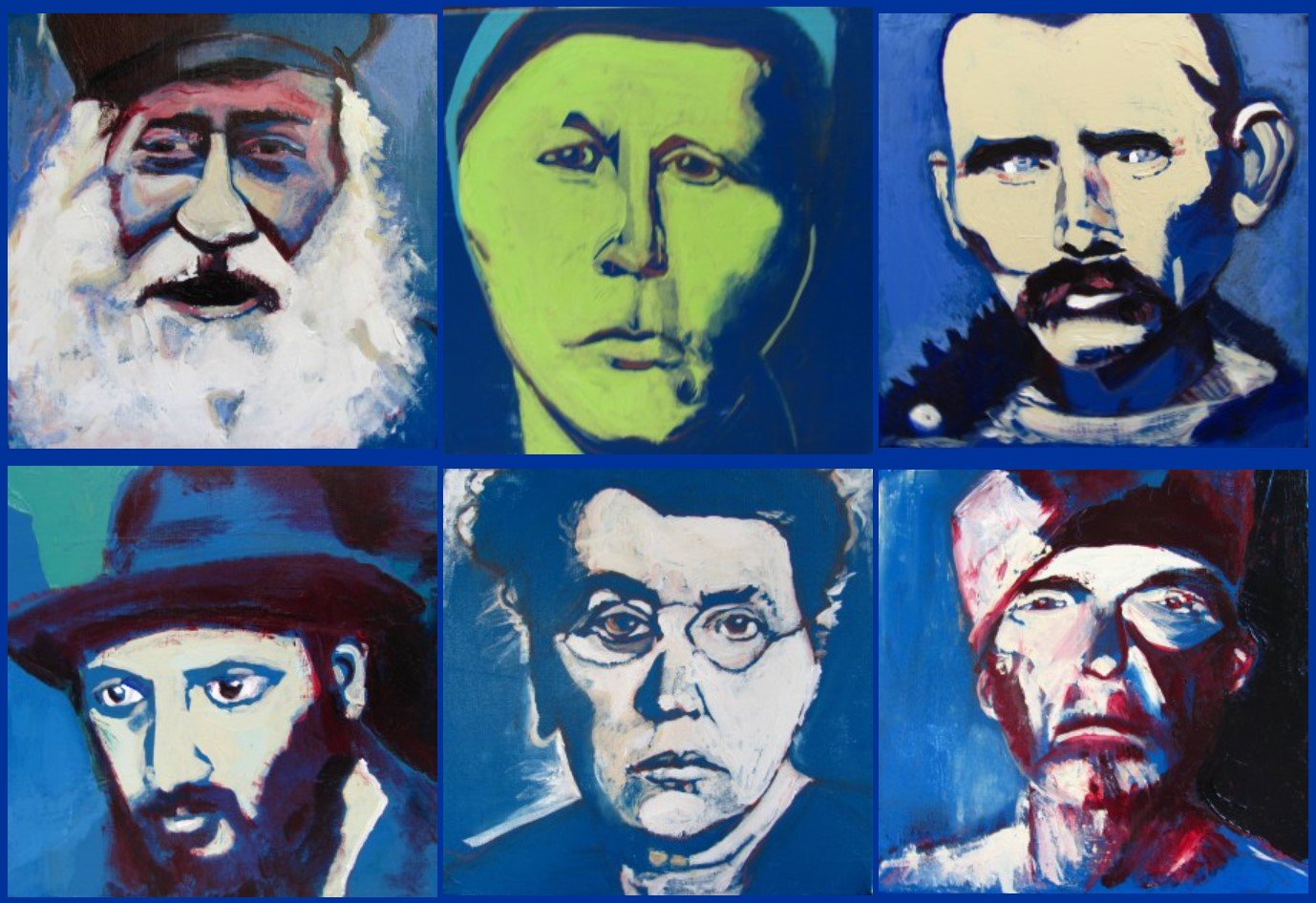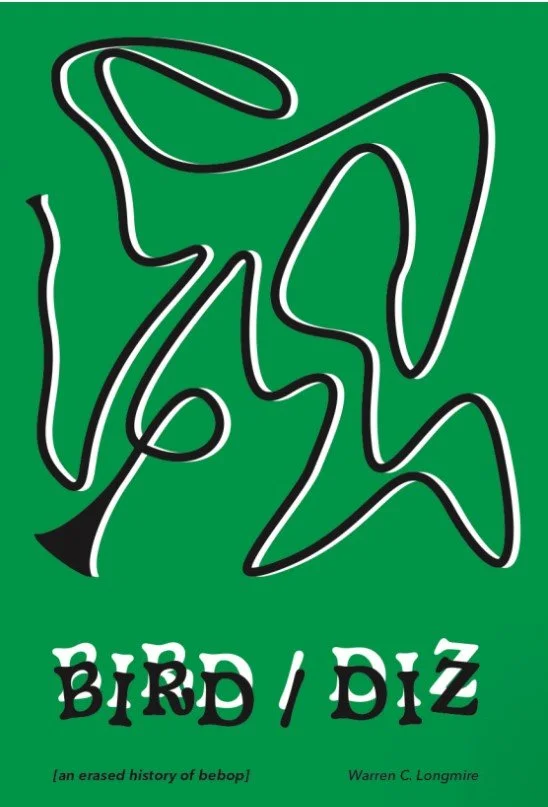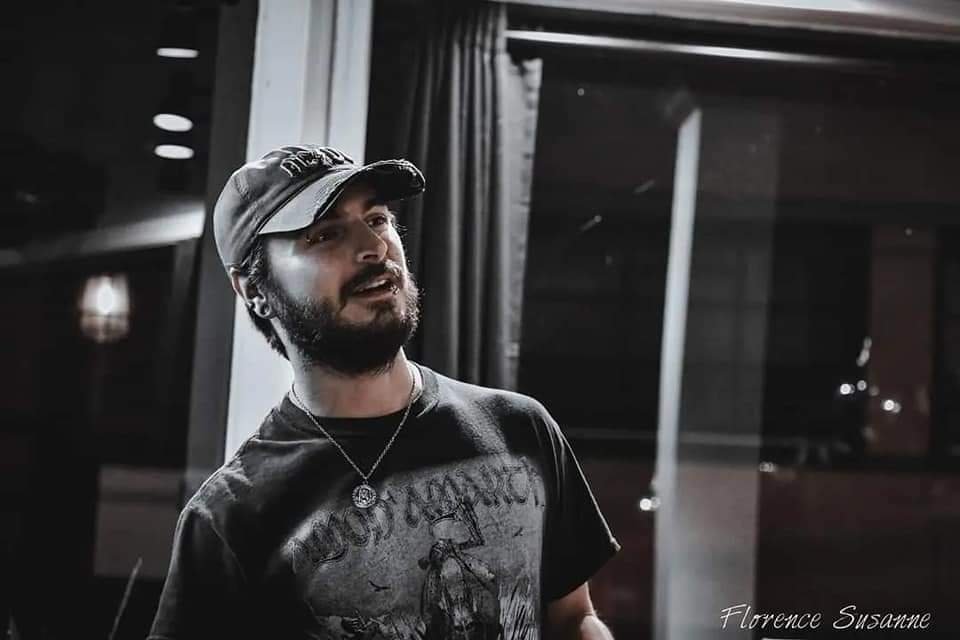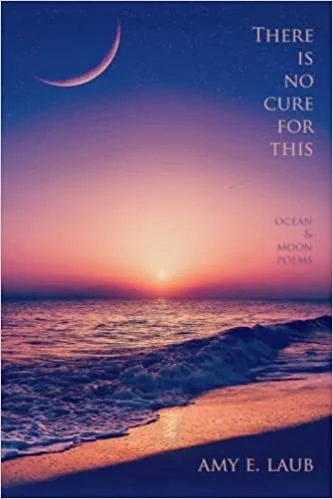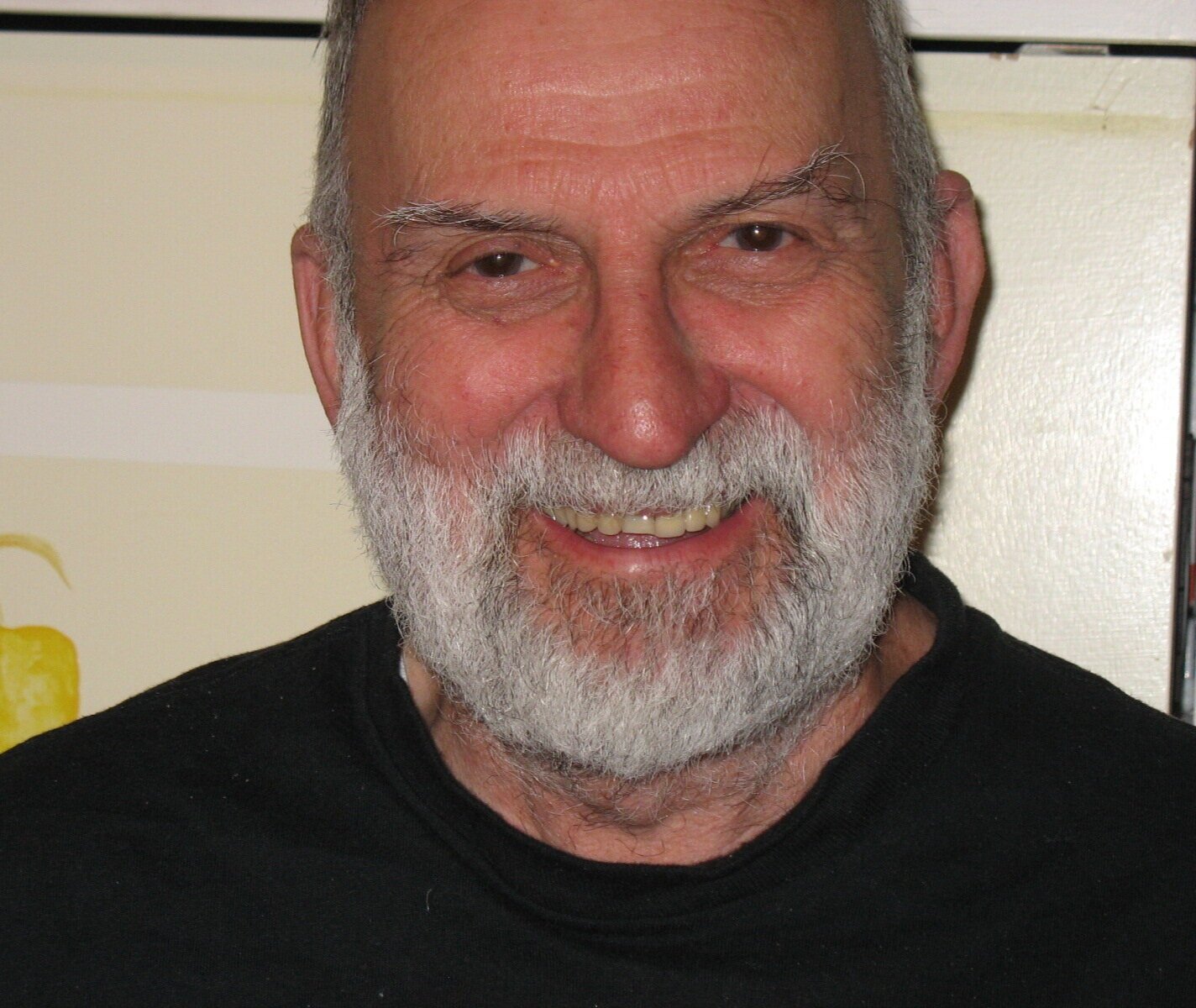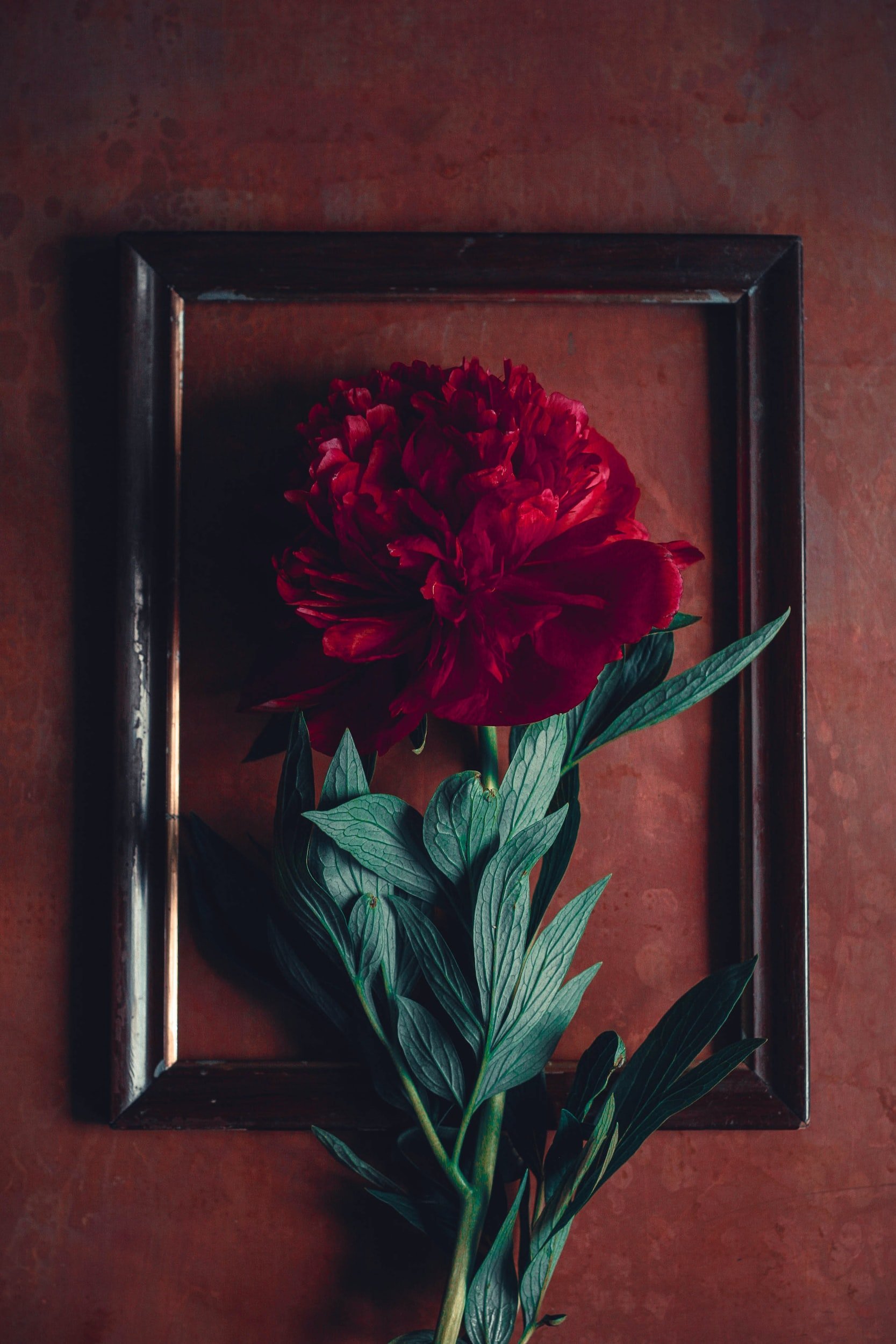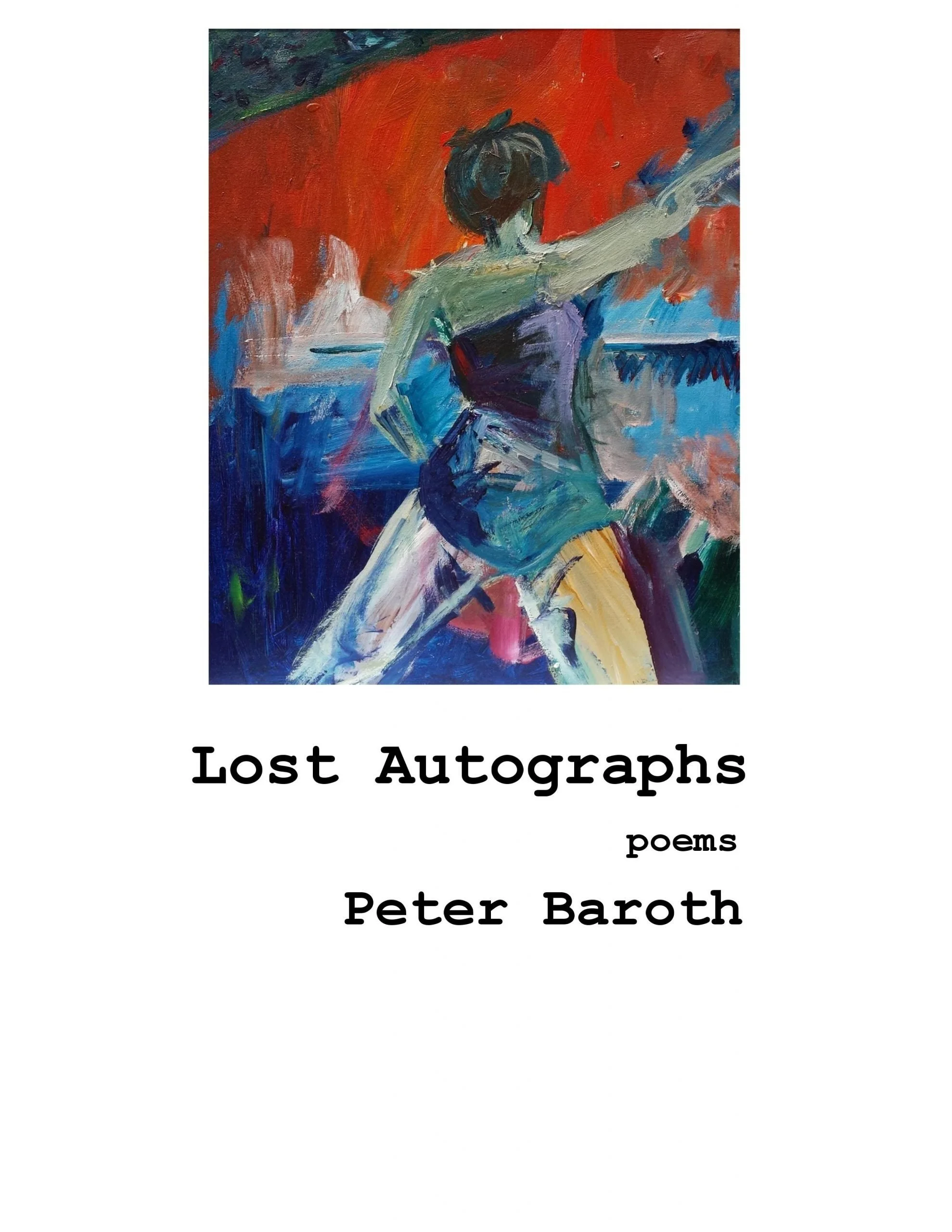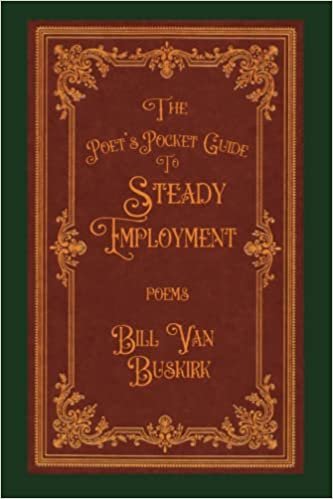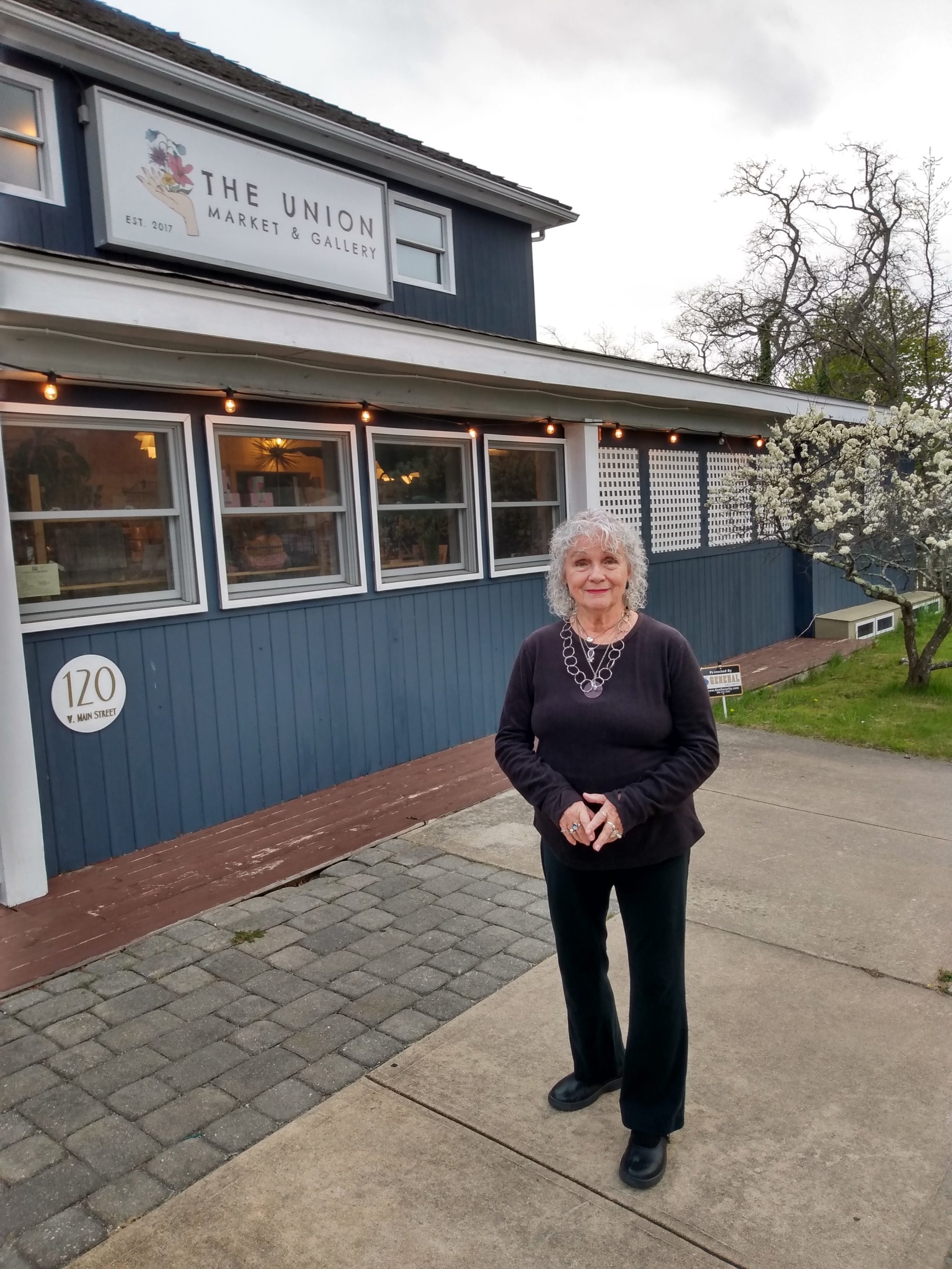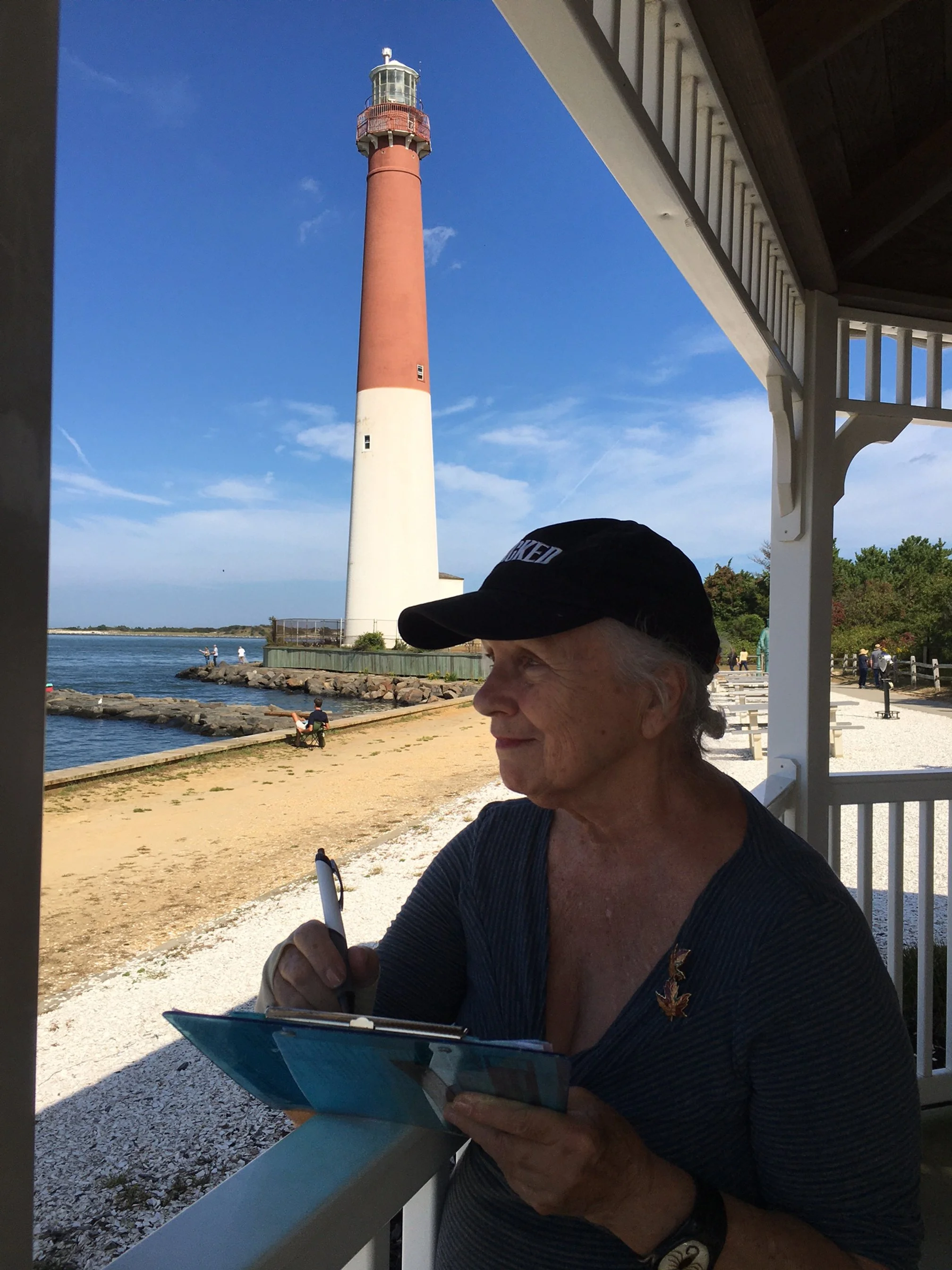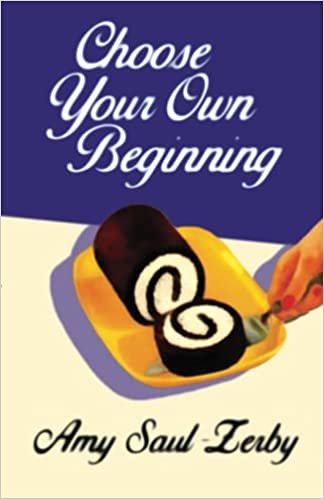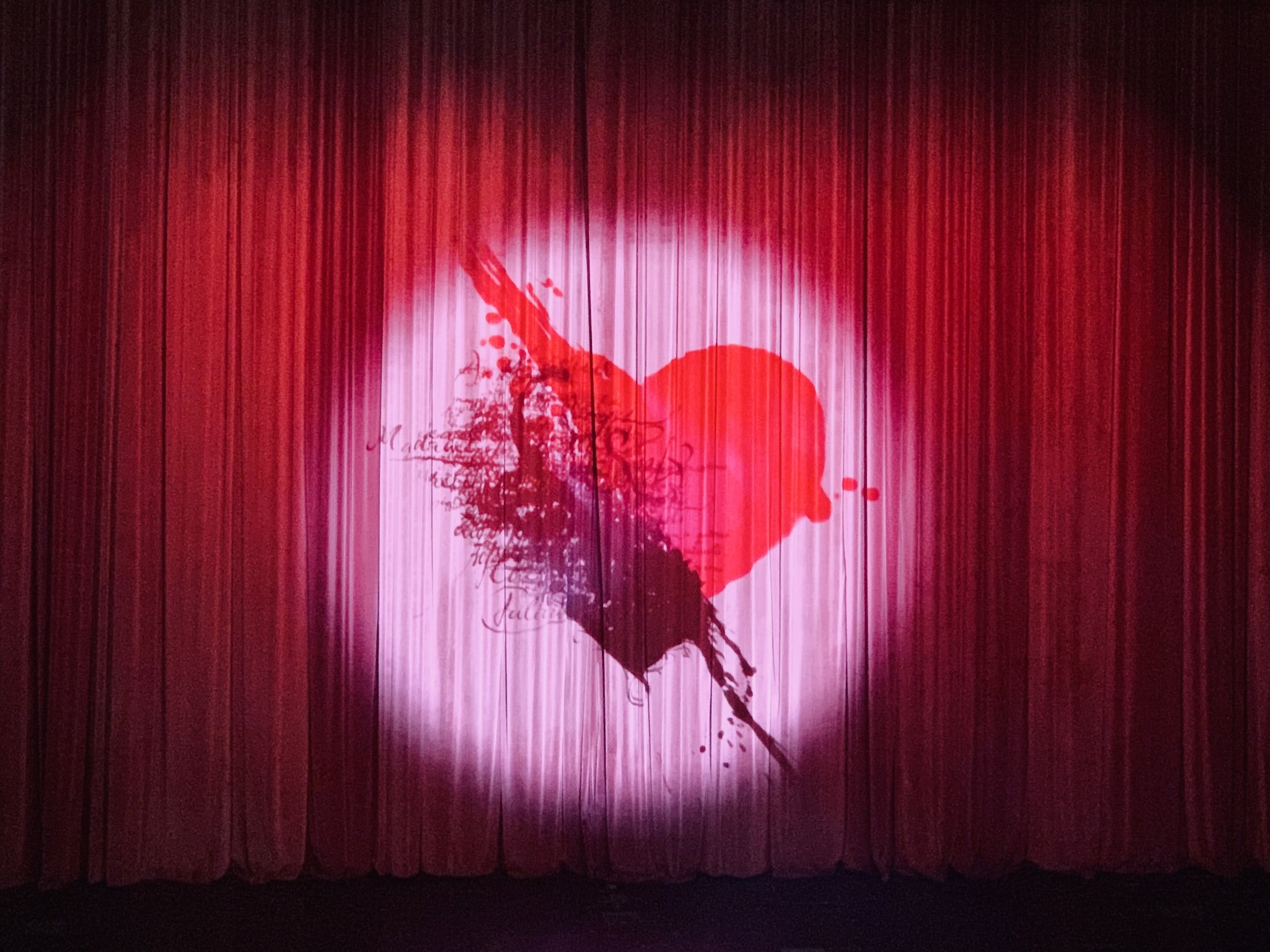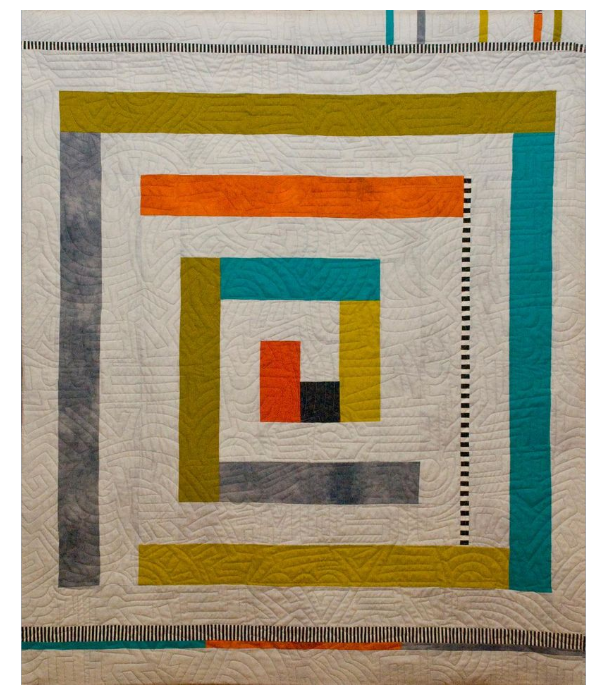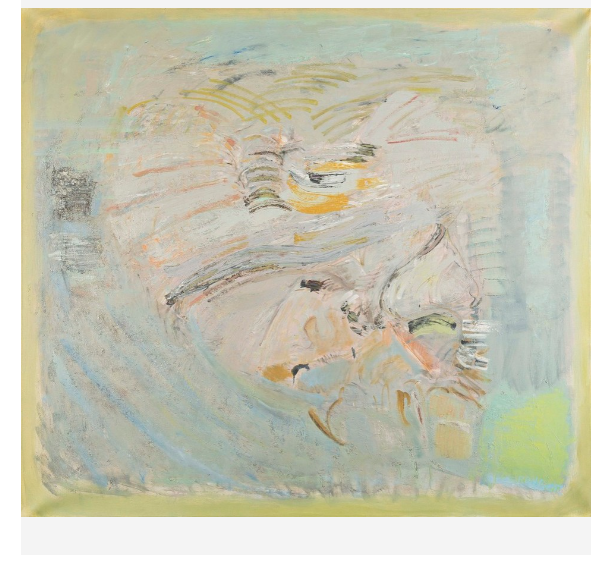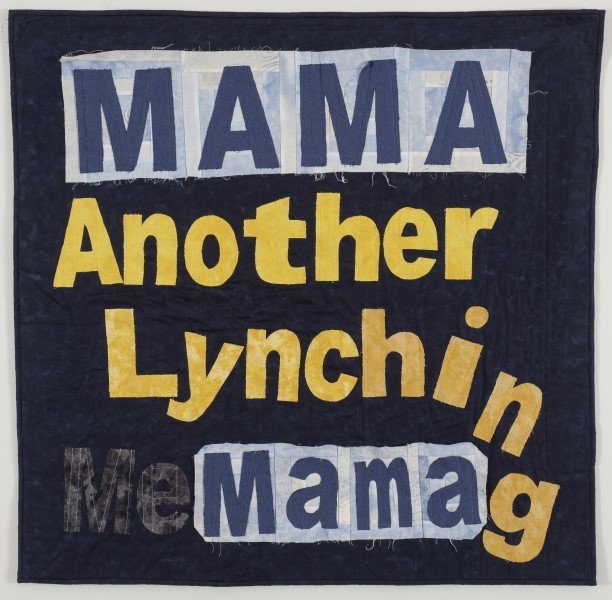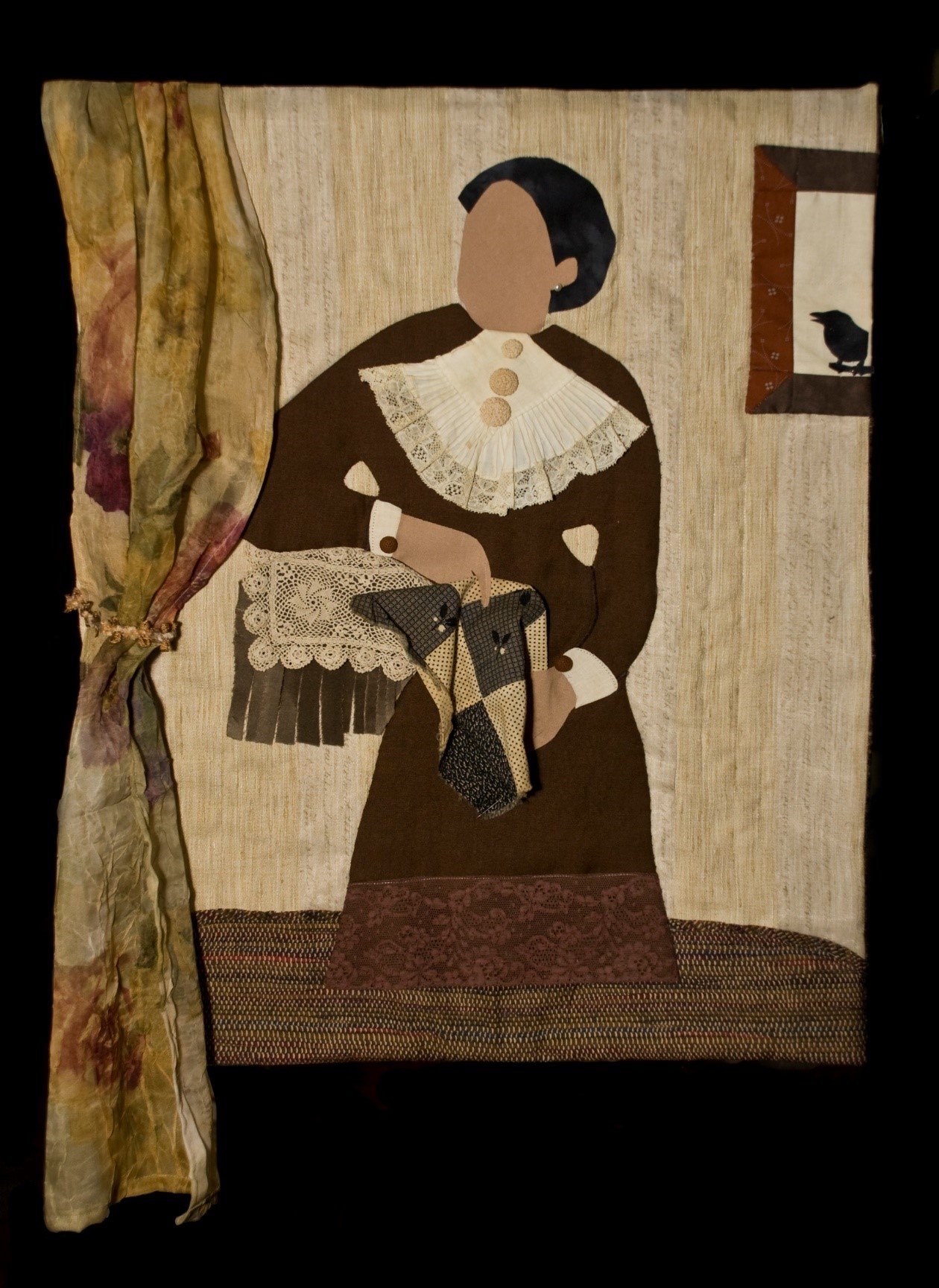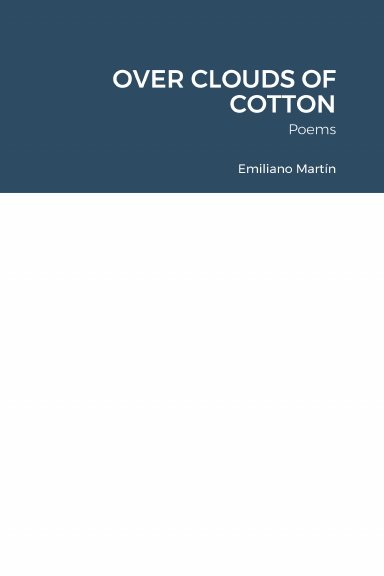In this poetic collection I sense a predominant theme. The poet’s persona is growing, wanting to learn how to fully be himself and to discover the lessons of the world. He learns in different ways: through his family, his wife, his friends, and finally-–having gained the confidence and insight—by himself.
Out of the many rich poems Bill Van Buskirk offers us, I am drawn to his intimates and what they have to say. Let us begin with “GRANDFATHER’S ADVICE.”
Beware the language of slaves.
It is spoken everywhere—
welter of prohibition,
peevish command,
muttered grunt of deference,
sacred vow of retribution—
**************************
Wonder, marvel, savor, mourn—
these strange verbs, these renegades
will befriend you in tight places.
Others have gone before.
They have seeded the language
with treasure—molten ruby, frosted jade.
If you find it, it will wake you up
and something small will change
in a thousand years of talk.
“Slaves” are the people who don’t think for themselves, only ape what they hear. People defer, prohibit, or seek retribution since they are insecure. Van Buskirk’s strong string of words—wonder, savor, marvel, mourn—is truly “renegade” in nature but leads to a life of freedom. If you can truly digest these concepts, they will be worth jewels (ruby, jade) to you. Grandfather is indeed wise.
“ICE KING” is laid out on paper in a beautiful way: stanzas of four slanted lines; to me it feels like sliding smoothly on a slick surface. Dad speaks to son.
But that’s what the winter’s for…so you can deepen into it.
But I miss the thing that held him up—
confidence, a stake in the moment, supple vigor…
him carried off before his time, me learning
the wrong lessons—to freeze too deep and call it safety—
to be a stance without a story, a pose without a pulse in it.
Listen, he says, my life was a song without an echo—mute
unready to be sung. You’ll know it by the rising heat,
wild and unbidden like a sun or my unspoken love.
It is not for you to say when life is over. Live it
like an epic with the end in sight:
crammed with contradiction,
too much wine,
and with a death in it.
The poetic lines are long because this is a lecture of sorts. Replacing the comma, the use of a dash gives more of a dramatic punch to a line. Dad admits he has made mistakes, but life should be lived fully, no matter what happens. “Winter,” he states, is a challenge, a risk but also a noble “epic.” This message is not unlike what grandfather, in a previous generation, has told the young man.
His father, in “MY FATHER AND JESUS,” takes him to a surprising new place in the son’s journey, to a religion the son never thought his father believed in.
a flare so bright and sweet
it could have only seemed
a garden—wild with scent,
bright as fireworks
in a moonless Fourth of July—
full blooms of high summer—
hydrangea, zinnia, rose.
In this place
lungs are not the only things that breathe,
heart not the only thing that pulses.
In this place
I turn to him,
call him by his name
in all its fullness—
William, Harold, Father, Thou—
and conjure him a world
so bright and warm
he never even notices
how still he has become.
The relationship between father and son has not been easy. However, after long thought, the son has matured enough to understand how his father found peace. The son imagines his father in an ideal place: a garden that is warm, sweet, “wild with scent,” “bright as fireworks.” Superlative images! The son can finally bless his father in this kind of heavenly Eden, where the elder is finally fulfilled.
We leave the immediate family in which the poet grew up and now move into the family he attempted to make for himself. However, in “VALEDICTORY ,”his wife has died early in their life together. In a unique poetic approach, her ghost teaches him how to live with loss.
When I die a hole will grow in your imagination.
It will take the shape of my form.|
The dreamer will try to make good
what is missing.
He will do his best.
But this wound, it is a tender thing.
Raw winds will howl through your stomach.
I won’t minimize the pain.
I won’t dramatize it either.
Make of mourning a full-time job,
grief just another force of nature:
wind, glacier, desert, sea.
You will love it sometimes.
It will take the shape of my form.
Tears will come.
They will change as seasons change.
She prescribes that he must enter into the mourning, fully feel it, before he can put it to rest. Sometimes he will feel horrible: “Raw winds will howl through your stomach .” Van Buskirk’s use of a series—“wind…sea”--is penetrating. She repeats herself to emphasize the ordeal: “I won’t minimize . . . I won’t dramatize.” And she knows he will miss her, repeating an entire line: “It will take the shape of my form.” But one day he will be whole again.
By the time of the poem “ALCHEMY 101,t”he poet has matured, teaching himself how to survive in the world and to thrive. The only “magic” here is how to focus yourself to be the actual you.
Present yourself to all
you know and trust. One thing will lead
to another. Be the vast welter of yourself—
its contradiction, its magnificence. If your guts
squirm like snakes in a pit, if your stories tie
themselves in knots, let them. If you are lost, then
you are lost. Don’t hunker down
into a biography. Present yourself to all that you are not.
It will shape you.
How has he “magically” changed? What has he learned? Simply be yourself. Be open with everyone. Again, it will take courage: “If your guts squirm, like snakes.” A very vivid image! “Don’t hunker down into a biography”: meaning, don’t be a predictable person by conforming. Enjambment also works well for the poet: “One thing will lead/to another.” It reads perfectly on the page as if turning a corner to finish the thought.
So many of Van Buskirk’s poems that appealed to me most you could call eloquent oratory. He has lived in the best and worst of times, wanting to illustrate what he has learned. In the hands of a master poet like him they can be extremely powerful. To conclude, I want to change pace with the poem “LAZURUS, ON HIS SECOND DEATHBED, REMEMBERS.” This poem lives through its imagery. Here is the poem in full.
At first I was horrified,
but there it was—a tingle
in the heavy ooze—something
I could feel like gravity
rotting on the slab,
a sudden shock of inhalation…recognition—
it was me—stench, heat, cold slime
on the move—worms in retreat maybe,
and a swarm—Bees? Flies? Bats?—
chitter-buzz-and-hum-all-at-once, sort of like
thoughts.
Then, bit by bit it all came back—the old geography—
inside-outside in the dark, the violent cresting arch
of backbone; then the seizure, the final rigor
reversing itself.
I never wanted this—
my throat on fire croaking
its new first word—Again.
“Horrified”—imgine what a person brought back to life would feel! His body had begun to deteriorate: “rotting on the slab,” “stench. heat, cold slime.” Almost comically, new life causes “worms in retreat.” At first he just feels “a tingle in the ooze.” Then marvelous onomatopoeia: “chitter-buzz-and-hum-all-at-once.”
A later image reminds me of a movie scene in Young Frankenstein when the lightning bolt strikes the monster: “The violent cresting arch of backbone.” Then his brain begins to work; “thoughts” is the word isolated by itself in its own line. Like a child he uttered his first word, so different from a baby, “Again.”
There are so many other fine poems in this collection—”GRANDAD’S TRIP, “ “AKHMATOVA’S TRIUMPH,” “ SENSE!,” “NAMING DAY,” “SURF MUSIC,” “MUSE AT THE WEDDING”—that wrestle with the fundamentals of life and wring your heart. Let us wait anticipatorily for Bill Van Buskirk’s next collection. Better yet, take in one of his dynamic public readings!



